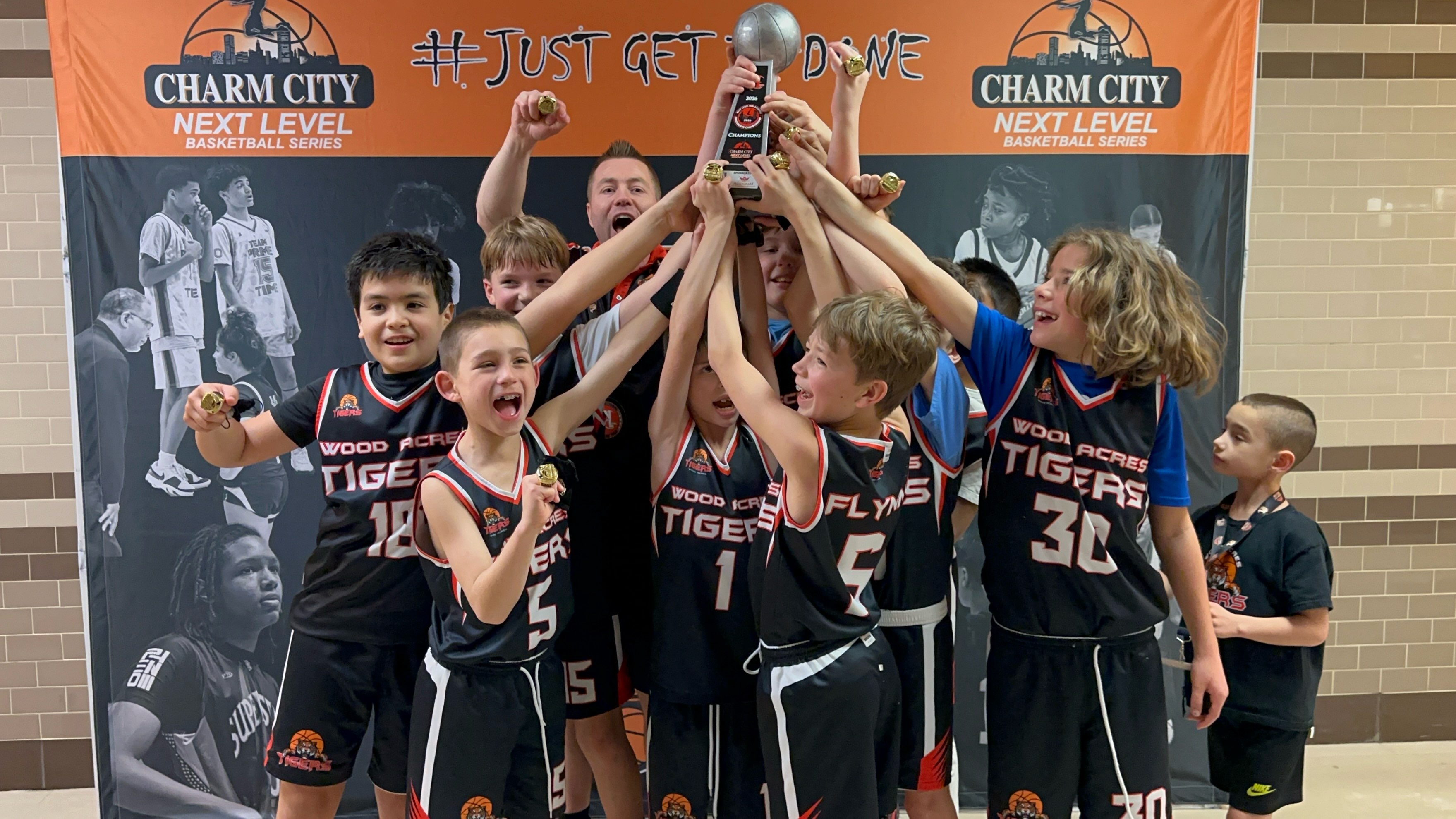The Importance of Being Vocal as a Basketball Player/Coach/Trainer

Communication
Being vocal is one of the most important traits that a basketball player or a leader in any capacity can possess. It all starts with communication - there are a plethora of ways that people communicate both verbally and non verbally. Communication is extremely important in the game of basketball, whether it be in a real game, practice, or in a workout. If people can’t convey messages to each other in an efficient way that is easy to understand, it becomes difficult to be effective.
Verbal vs Non-Verbal Communication
Facial expressions, body language, and other cues fall into the non verbal category. A person can convey multiple messages without saying a word, however, it is up to the recipient to interpret these messages. This can be done both successfully and unsuccessfully because non verbal communication can easily be misinterpreted.
This is the advantage of verbal communication aka being vocal: Saying something out loud and with conviction erases many of the question marks that are embedded in non verbal messages. Verbal communication clarifies whatever might have not been clear from non-verbal combination - when they work in tandem messages are conveyed much more effectively.
Being Vocal in Basketball Games
This is especially beneficial in the game of basketball, where 5 teammates need to effectively communicate throughout the course of a game to put themselves in the position to win. This is not to mention communication with head/assistant coaches, and the other players who are on the bench. There are countless examples of players needing to communicate in a basketball game both verbally and non verbally. Some examples of non verbal communication in basketball include holding up a fist to call for a screen and other hand motions/gestures to signify play calls and or sets. Being vocal includes communicating on defense, encouraging/cheering on teammates, and any other verbal expression that can occur during a game.
From a basketball strategy standpoint, having players that are vocal on defense is a no brainer - it keeps everyone on the same page and allows players to make the correct rotations to hopefully stifle the opposing offense. If one player doesn’t know what to do or they have a lapse, then they can just listen to the vocal cues from their teammates and reorient themselves rather quickly. Vocal basketball players stand out because they make an automatic imprint on the game by raising the energy of their overall team. Consequently, a team full of vocal players has an advantage just off the strength of having more energy and higher morale. This in turn leads to better team chemistry overall.
Basketball is a game of runs and momentum, so as I'm sure you know energy is everything. I caught a few games at an AAU tournament this past weekend and I wasn't surprised to see that the teams that played with the most energy were typically the loudest, and it gave them a serious edge. On the flip side, being more vocal would have helped the losing team tremendously and helped them break out of the adversity that they were facing. In my program we emphasize the importance of being vocal so that players can carry it with them on their respective teams.
Being Vocal in Basketball Training Sessions and Team Practices
Being vocal is useful in games but it is equally important in practices and skills training sessions. Verbal communication between coaches and players allows for the utmost clarity on what’s what so that when game situations arise, there is less confusion. Within the context of group training sessions, players who are vocal and ask questions, get the most out of the session. Players that ask questions are typically the ones most concerned with details and situational application of what is being taught. This also applies in film study as well as just simply watching games with a basketball coach or trainer.
What good is it to learn dribbling/scoring moves and in game techniques if the player has no idea when to actually use them? It is a trainers job to teach the in-game application, however, it is the players job to learn. A perfect example of when a player should be vocal in a workout is If a skills trainer explains a drill or concept and it sounds confusing to that player. Getting the clarity is beneficial not only to the player that asks the question, but to every other player in the workout. Another example is something I used to do a lot after my practices as a kid - walk up to the coach and ask the simple question: “Hey Coach, what do you think I need to work on the most in order to improve?” That question alone can bring so much clarity and you can ask it to anyone from head coaches, assistant coaches, and trainers. Just being in the dark and having to read their minds instead of simply asking is not a wise decision. Most people in these positions love basketball and want to see their players get better, so they will gladly give some constructive feedback and also appreciate the fact that the player cares enough to ask.
Being Vocal is a skill that is valuable in all aspects of basketball at all levels. You should encourage your players and or your child to speak up because it will benefit them beyond just the sport.
Sign up today for a free practice session
If your child is ready to improve their game, let's get to work.
Sign up


